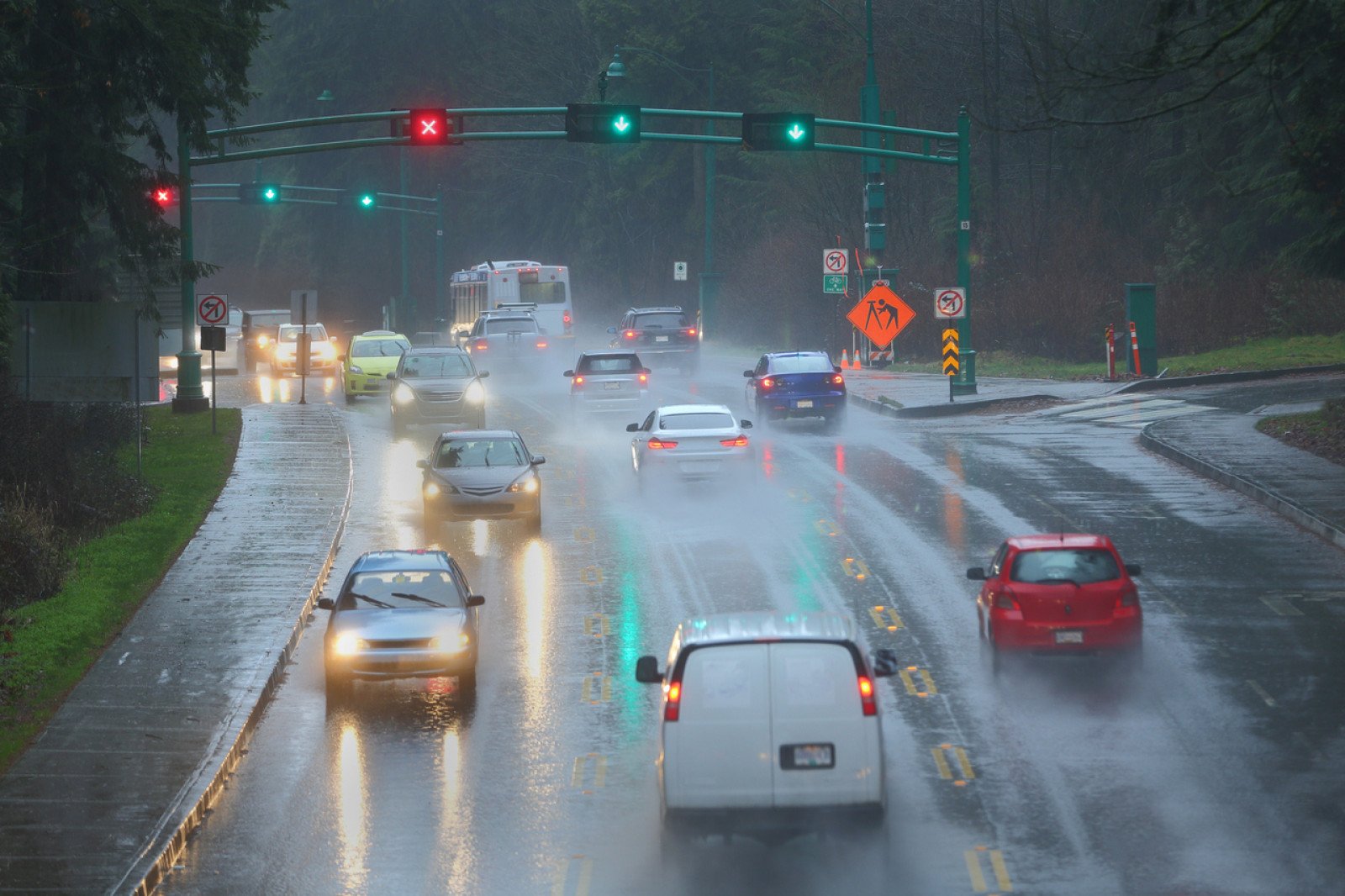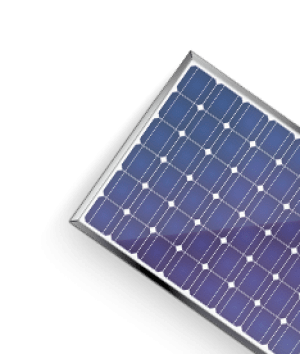Researching the environmental effects of vehicles
Create an effective scientific hypothesis and inquiry questions to determine which type of vehicle is better for the environment.

Overview
In this activity, students use criteria to generate and refine effective hypothesis and inquiry questions that could be used to determine which type of vehicle is better for the environment.
Instructions
What you'll need
- "Designing an effective hypothesis" worksheet (one copy for each student)
- Begin by organizing your students into pairs and then posing the question: which vehicle is better for the environment: an electric vehicle or a gas vehicle?
- Encourage partners to discuss their response to the question, and then invite them to share their decisions and thinking with the class.
- After groups have shared, briefly explain that the challenge of this activity is to create an effective scientific hypothesis and inquiry questions that could be used to decide which type of vehicle—electric or internal combustion—is better for the environment.
- Provide each student with a copy of the "Designing an effective hypothesis" worksheet. Review the criteria for an effective hypothesis, then prompt students to work on their own to create a draft hypothesis. Ask students to share their hypothesis with a trusted partner.
- Encourage students to note on the worksheet thoughtful feedback about their partner’s draft hypothesis. Remind students to use the criteria for an effective hypothesis to create their feedback.
- After using the feedback to revise and refine their hypothesis, ask students to seek more feedback or to reflect on their hypothesis to ensure that they have met each of the criteria.
- Next, review the criteria for effective inquiry questions. Encourage students to develop questions that will help support or refute their hypothesis.
- Prompt students to work on their own to create at least three draft inquiry questions. Ask students to share their questions with a trusted partner.
- Encourage students to note on the worksheet thoughtful feedback about their partner’s draft questions. Remind students to use the criteria for effective inquiry questions to create their feedback.
- After using the feedback to revise and refine their questions, ask students to seek more feedback or to reflect on their questions to ensure that they have met each of the criteria.
- Conclude by inviting your students to suggest how the criteria used in this activity might be used to guide other energy-related research projects.
Modify or extend this activity
Extension
- Ask students to suggest sources that could be used to respond to the inquiry questions.
- Invite students to use their hypothesis and questions to research which type of vehicle is better for the environment.
- Use the criteria to generate an effective hypothesis and inquiry questions for other energy-related topics.
Modification
- Invite pairs of students to create provide two examples of hypotheses or inquiry questions: one that meets that criteria, and one that does not. Invite groups to share their ideas with the class, and encourage the class to decide which hypothesis or question best meets the criteria.
Curriculum Fit
Science for Citizens 11
Big idea
- Scientific processes and knowledge inform our decisions and impact our daily lives
Content
- Evidence-based decision making through science
- Impact of technologies
- Beneficial scientific innovations
- Actions and decisions affecting the local and global environment, including those of First Peoples
Curricular competencies
Questioning and predicting
- Formulate multiple hypotheses and predict multiple outcomes
- Demonstrate a sustained intellectual curiosity about a scientific topic or problem of personal, local, or global interest
- Make observations aimed at identifying their own questions, including increasingly abstract ones, about the natural world
Processing and analyzing data and information
- Use knowledge of scientific concepts to draw conclusions that are consistent with evidence
- Analyze cause-and-effect relationships
Evaluating
- Consider the changes in knowledge over time as tools and technologies have developed
- Exercise a healthy, informed skepticism, and use scientific knowledge and findings to form their own investigations to evaluate claims in primary and secondary sources
Applying and innovating
- Co-operatively design projects with local and/or global connections and applications
- Contribute to finding solutions to problems at a local and/or global level through inquiry
Communicating
- Communicate scientific ideas and information, and perhaps a suggested course of action, for a specific purpose and audience, constructing evidence-based arguments and using appropriate scientific language, conventions, and representations
Assessments
Throughout the activity, consider how well your students:
- Consider the criteria when they create a scientific hypothesis and inquiry questions.
- Recognize what information will be relevant for addressing the overarching research question.
Teaching Notes
Electrification
Electrification refers to switching from fossil fuels like gasoline, diesel and natural gas to clean electricity. Teach your students about electrification and making the switch to clean energy with this video.
Electric vehicles in B.C.
Electric vehicles are becoming a more popular option for clean transportation. Learn more about electric vehicles in B.C. here.






